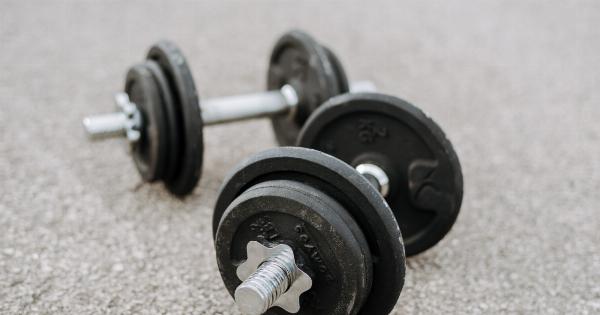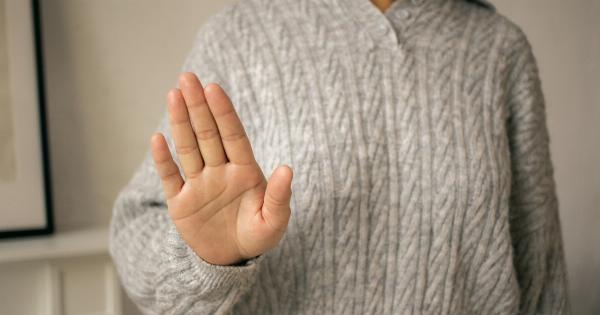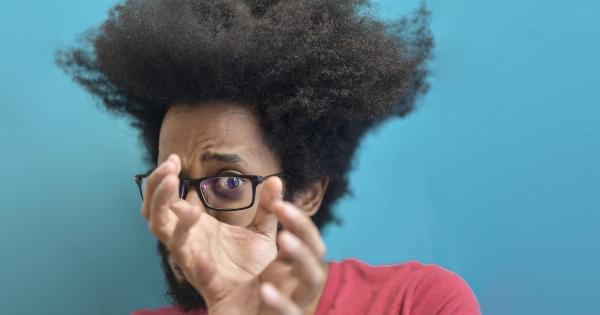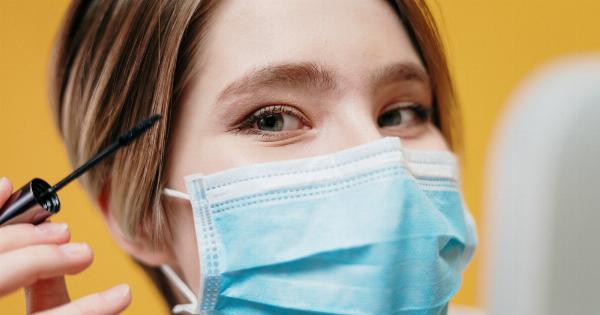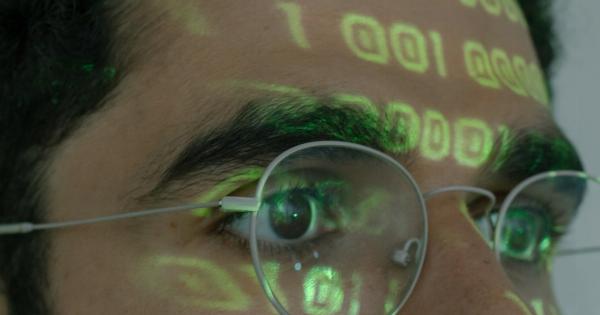As the world fights against the COVID-19 pandemic, people have been advised to take necessary precautions to lower their risk of infection. These precautions include regular hand washing, social distancing, and the use of face masks.
While these preventive measures have been proven effective in reducing the transmission of the virus, several studies suggest that wearing glasses may also help reduce your chances of getting infected with COVID-19.
How Wearing Glasses Help Prevent COVID-19 Infection
Glasses provide protective coverage to your eyes. Your eyes serve as a gateway that the virus can use to enter your respiratory system.
Wearing glasses creates a physical barrier that shields your eyes from respiratory droplets or aerosols that may contain the virus. Therefore, if an infected person sneezes or coughs, glasses can help block the respiratory droplets from coming into contact with your eyes.
Moreover, people wearing glasses tend to avoid touching their eyes frequently. This habit helps minimize the chances of bringing the virus from a contaminated surface to the eyes.
Note that the COVID-19 virus can survive on surfaces for several hours or even days, and touching your eyes with contaminated fingers increases your risk of infection.
The Science Behind It
A new study published in the journal JAMA Ophthalmology found that COVID-19 patients were at a lower risk of developing severe symptoms if they wore glasses regularly. The study involved 276 patients hospitalized with COVID-19 in China.
Out of the 276 patients, only 5.8% wore glasses regularly, compared with 31.5% of the general population who wears glasses in the same age range. The researchers noted that the discrepancy suggested that wearing glasses could provide some protection against COVID-19 infection.
Another study published in the Annals of the Royal College of Surgeons of England reached the same conclusion. The study surveyed 304 healthcare professionals working in hospitals during the COVID-19 outbreak.
While only 16% of the respondents wore glasses, none of them who wore glasses got infected with the virus. The research also noted that most healthcare professionals who got infected with COVID-19 did not wear glasses.
Wearing Glasses is Not 100% Effective
It’s important to note that wearing glasses does not guarantee that you won’t get infected with COVID-19. It’s just one of several preventive measures that can complement others, such as social distancing, hand washing, and wearing face masks.
The virus can also enter your system through other routes that glasses cannot cover, such as the mouth, nose, and ears.
Therefore, as much as wearing glasses has its benefits, it’s equally essential to practice other preventive measures religiously.
Follow the guidelines set by your local healthcare department, wear masks appropriately, avoid large crowds, and maintain social distance.
Other Benefits of Wearing Glasses
Aside from providing protection against COVID-19, wearing glasses has other benefits, including:.
- Clear Vision: Glasses help correct vision problems such as nearsightedness, farsightedness, and presbyopia, helping improve visual clarity and enhancing the quality of life.
- Protection from UV Rays: Some glasses are designed to block harmful ultraviolet rays that can cause eye damage, including cataracts and other eye diseases.
- Reducing Eye Strain: The blue light emitted by electronic devices can cause eye strain and disrupt your sleep patterns, leading to chronic health problems. Glasses can help reduce eye strain and protect your eyes from blue light exposure.
- Stylish Accessory: Glasses can be a stylish accessory that enhances your overall look and personality.
Conclusion
Wearing glasses may not be the ultimate protective measure against COVID-19, but research findings suggest that it can help reduce the chances of getting infected.
Glasses can provide a barrier against respiratory droplets that may contain the virus and help minimize the spread of the disease. However, it’s essential to note that glasses don’t provide 100% protection against the virus, and following other preventive measures such as wearing masks and maintaining social distance is necessary to reduce the risk of infection.


